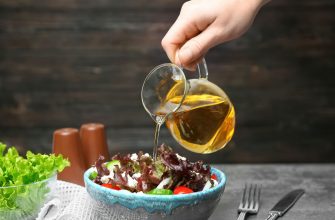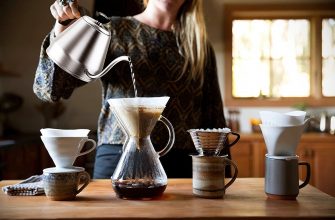Baking is an art form that combines the love of food with a touch of science, transforming simple ingredients into delectable treats. Whether you’re new to the world of baking or looking to improve your skills, this comprehensive guide for beginners will help you navigate the basics and set you on the path to success. From essential tools and ingredients to fundamental techniques, we’ve got you covered.
-
Content
Essential Baking Tools and Equipment
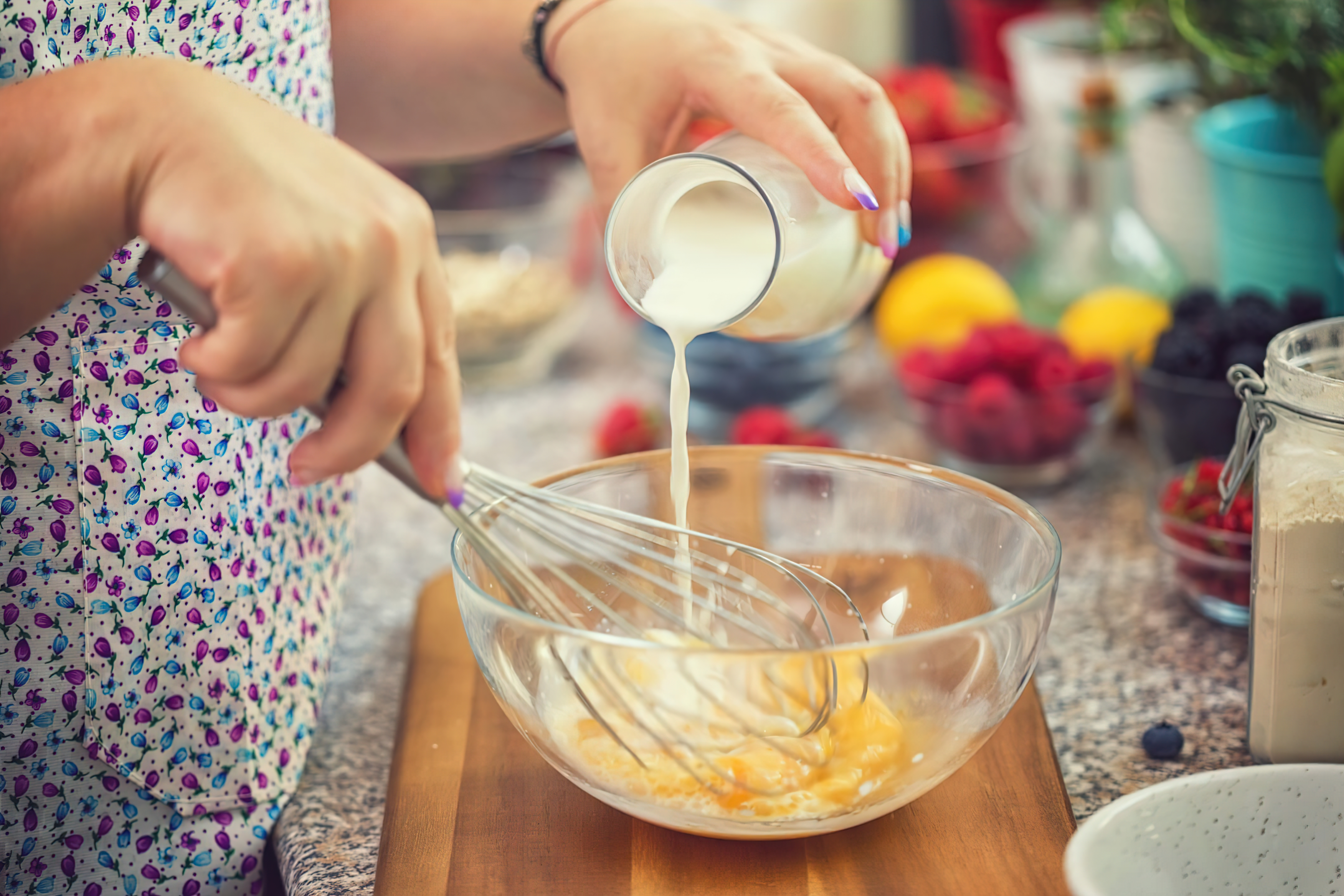
Starting your baking journey requires the right tools and equipment. While advanced bakers may have a more extensive collection, these are the essential items to begin with:
- Mixing bowls: Invest in a durable set of mixing bowls in various sizes for combining your ingredients.
- Measuring cups and spoons: Accurate measurements are crucial in baking, so be sure to have a complete set of measuring cups and spoons.
- Baking pans: A variety of baking pans, such as cake pans, muffin tins, and cookie sheets, will allow you to create different baked goods.
- Spatulas and whisks: Silicone spatulas and sturdy whisks are essential for mixing, folding, and scraping ingredients.
- Oven thermometer: Ensure your oven’s temperature is accurate by using an oven thermometer.
-
Key Baking Ingredients
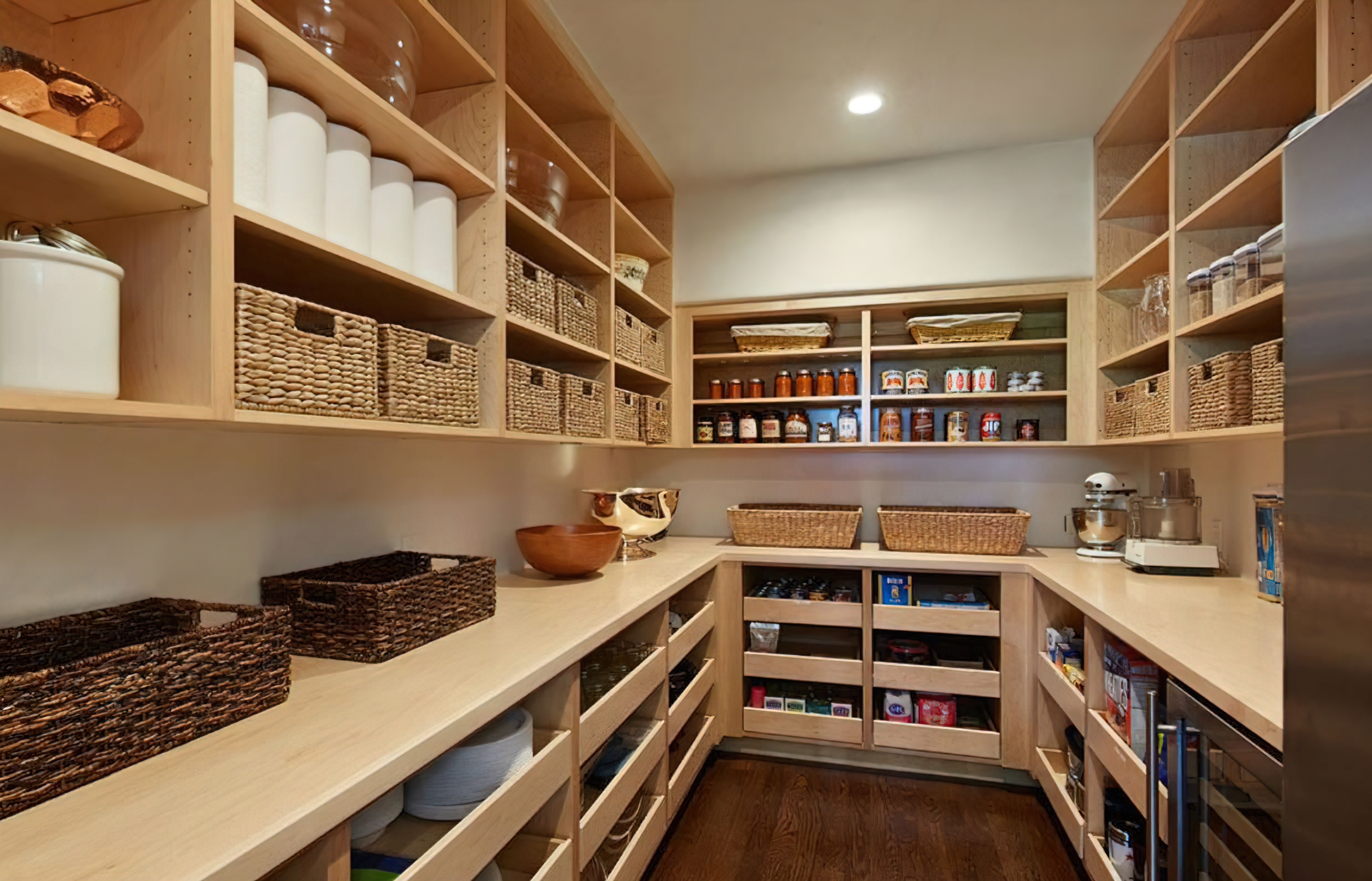
Having a well-stocked pantry will make it easier to try new recipes and master your baking skills. Here are the basic ingredients to keep on hand:
- Flour: All-purpose flour is a versatile option for most recipes, while cake and bread flour provide specific textures in specialized baked goods.
- Sugar: Granulated sugar, brown sugar, and powdered sugar each serve unique purposes in baking.
- Baking powder and baking soda: These leavening agents help baked goods rise and create a tender texture.
- Salt: A small amount of salt balances sweetness and enhances flavor.
- Eggs: Eggs provide structure, moisture, and richness in many baked goods.
- Fats: Butter, oil, and shortening contribute to the taste, texture, and appearance of your baked goods.
- Extracts and spices: Vanilla extract, almond extract, and various spices add depth and complexity to your creations.
-
Basic Baking Techniques
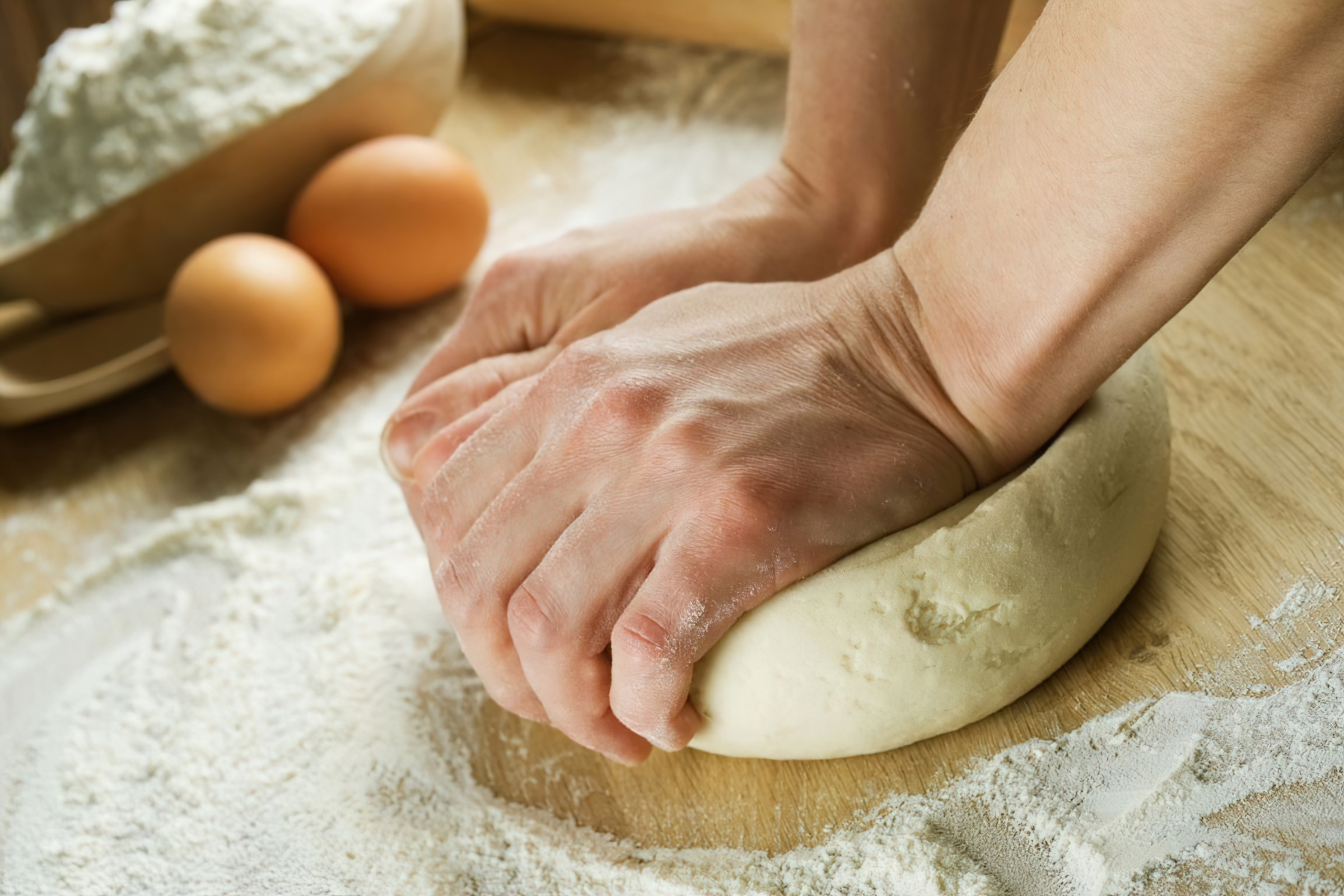
Understanding fundamental baking techniques will boost your confidence in the kitchen and improve the quality of your baked goods. These basic skills include:
- Creaming: This process involves beating butter and sugar together until light and fluffy, creating a creamy texture.
- Folding: Gently folding ingredients, such as whipped egg whites, helps to maintain air and lightness in your batter.
- Kneading: Working dough by hand or with a mixer’s dough hook develops gluten and creates a smooth, elastic texture in yeast bread.
- Rolling and shaping: Mastering these skills will allow you to create uniform cookies, pie crusts, and other pastries.
-
Recipe Selection and Troubleshooting
As a beginner, it’s essential to choose recipes suited to your skill level and learn from any mistakes. Start with simple recipes that use familiar ingredients and techniques, then gradually progress to more complex creations. If your baked goods don’t turn out as expected, consult resources such as cookbooks or online forums for troubleshooting tips.
-
Expanding Your Baking Horizons
Once you’ve mastered the fundamentals, it’s time to expand your baking horizons and explore new flavors, ingredients, and techniques. Here are some ideas to help you level up your baking game:
- International desserts: Discover the diverse world of baking by trying recipes from different cultures, such as French pastries, Italian biscotti, or Japanese mochi.
- Gluten-free and vegan options: Learn to bake with alternative ingredients like almond flour, coconut oil, or flaxseed meal to cater to different dietary preferences.
- Advanced techniques: Challenge yourself by learning advanced techniques like making laminated dough for croissants or crafting intricate pie crust designs.
- Decorating skills: Elevate the visual appeal of your baked goods by mastering cake decorating skills, such as piping, fondant work, and edible flowers.
-
Baking as a Creative Outlet
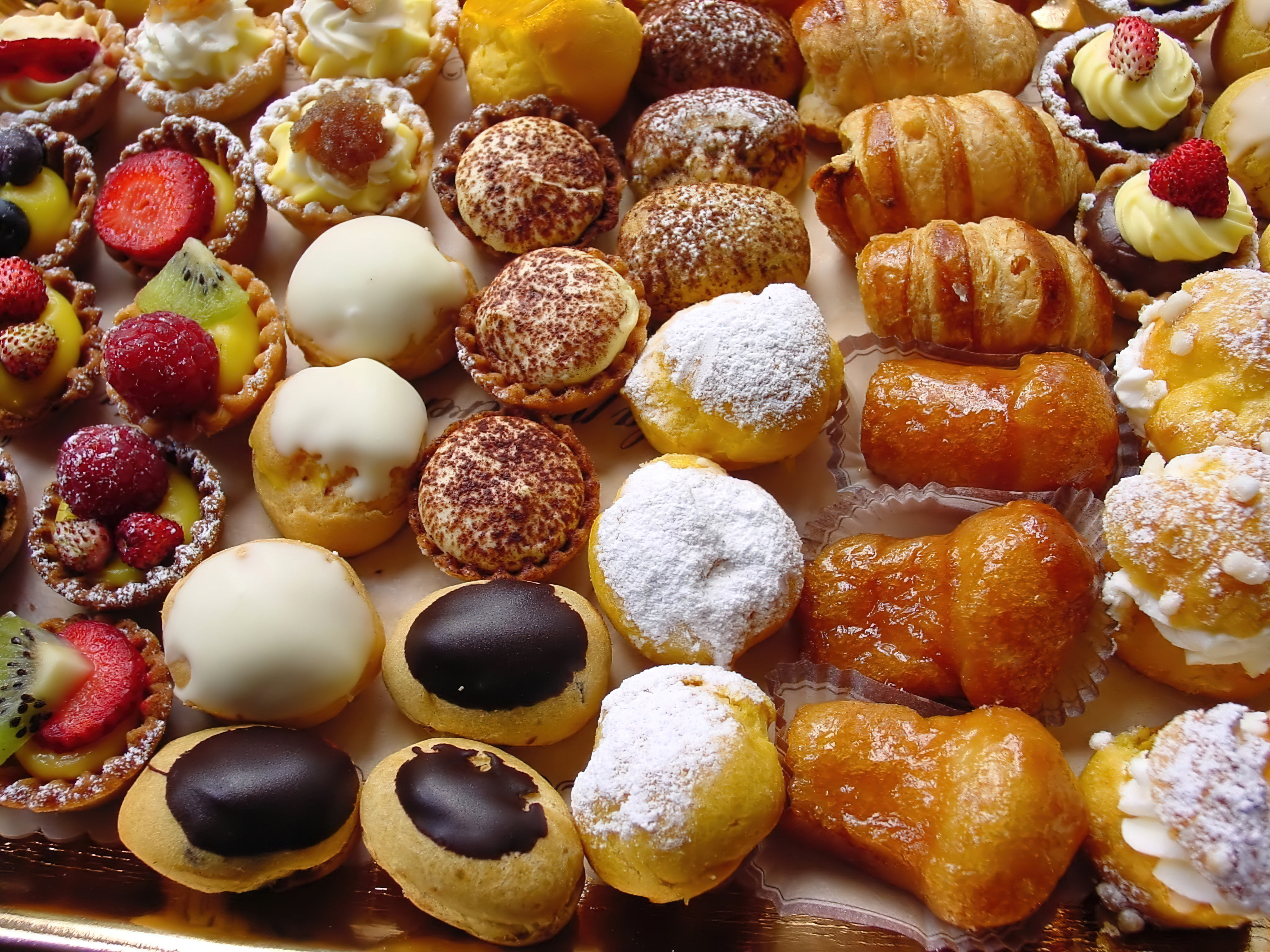
Baking is not only a delicious way to fill your home with mouthwatering aromas but also a fantastic creative outlet. Embrace the artistry of baking by experimenting with different flavor combinations, textures, and presentation styles. Consider the following ideas to spark your creativity:
- Mix and match: Combine unexpected flavors, such as sweet and savory, to create unique and memorable treats.
- Colorful creations: Use natural food coloring or ingredients like matcha powder, beet juice, or cocoa powder to add a splash of color to your baked goods.
- Artful presentations: Arrange your baked goods in visually appealing ways, like creating dessert charcuterie boards or assembling cookie gift boxes.
- Personal touch: Add a personal touch to your baking by designing your own signature recipes or customizing store-bought mixes with your favorite add-ins.
-
Joining the Baking Community
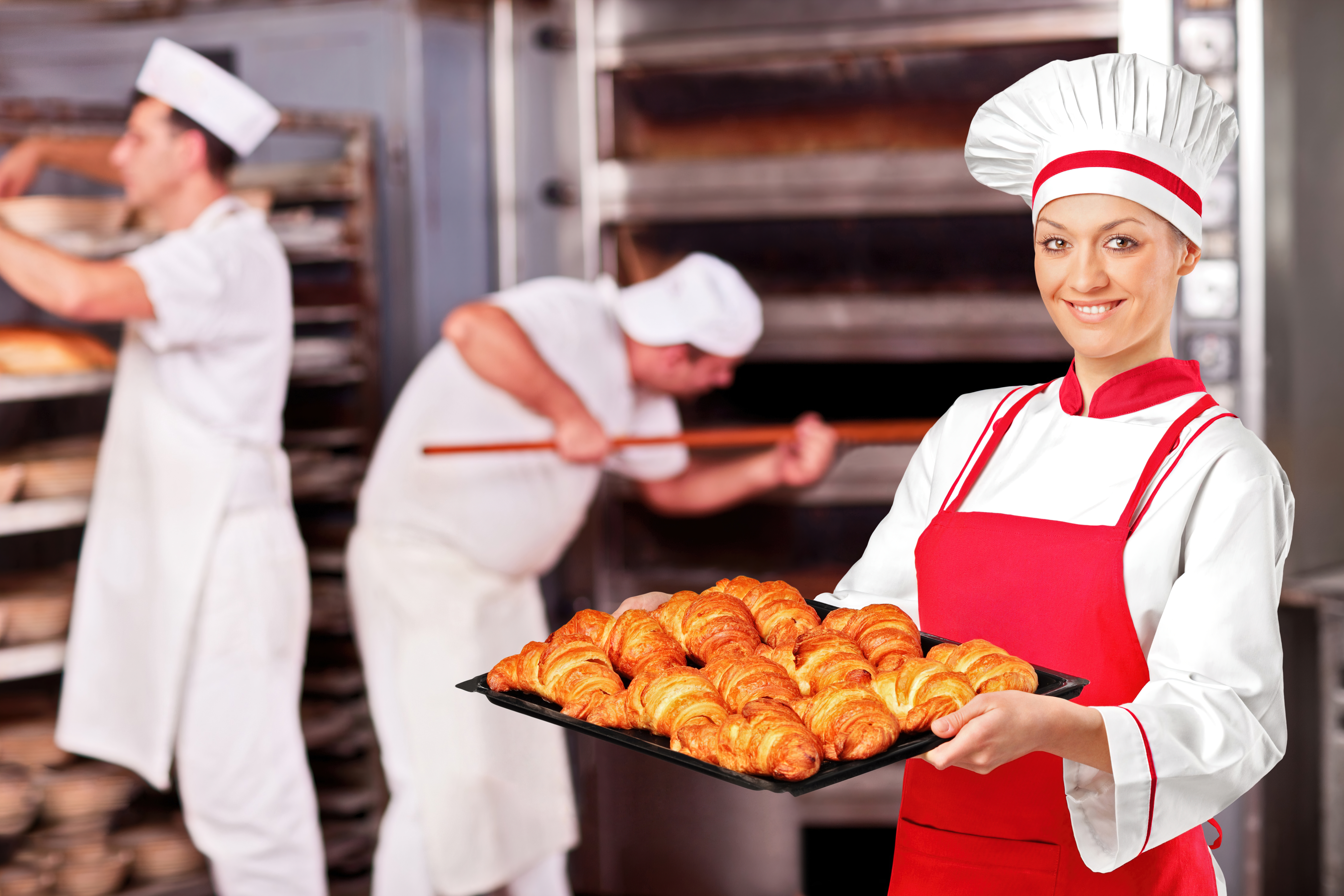
One of the most rewarding aspects of baking is sharing your creations and learning from others. Connect with fellow baking enthusiasts by joining online forums, attending local baking classes, or participating in bake sales and competitions. These connections can provide valuable tips, encouragement, and inspiration, helping you grow as a baker and enjoy the process even more.
Conclusion:
The art of baking is a lifelong journey filled with creativity, challenges, and delicious rewards. As you continue to hone your skills and explore new territories, you’ll discover the joy and satisfaction that comes from transforming simple ingredients into delightful and memorable treats. So, tie on your apron, fire up the oven, and let the adventure begin!

